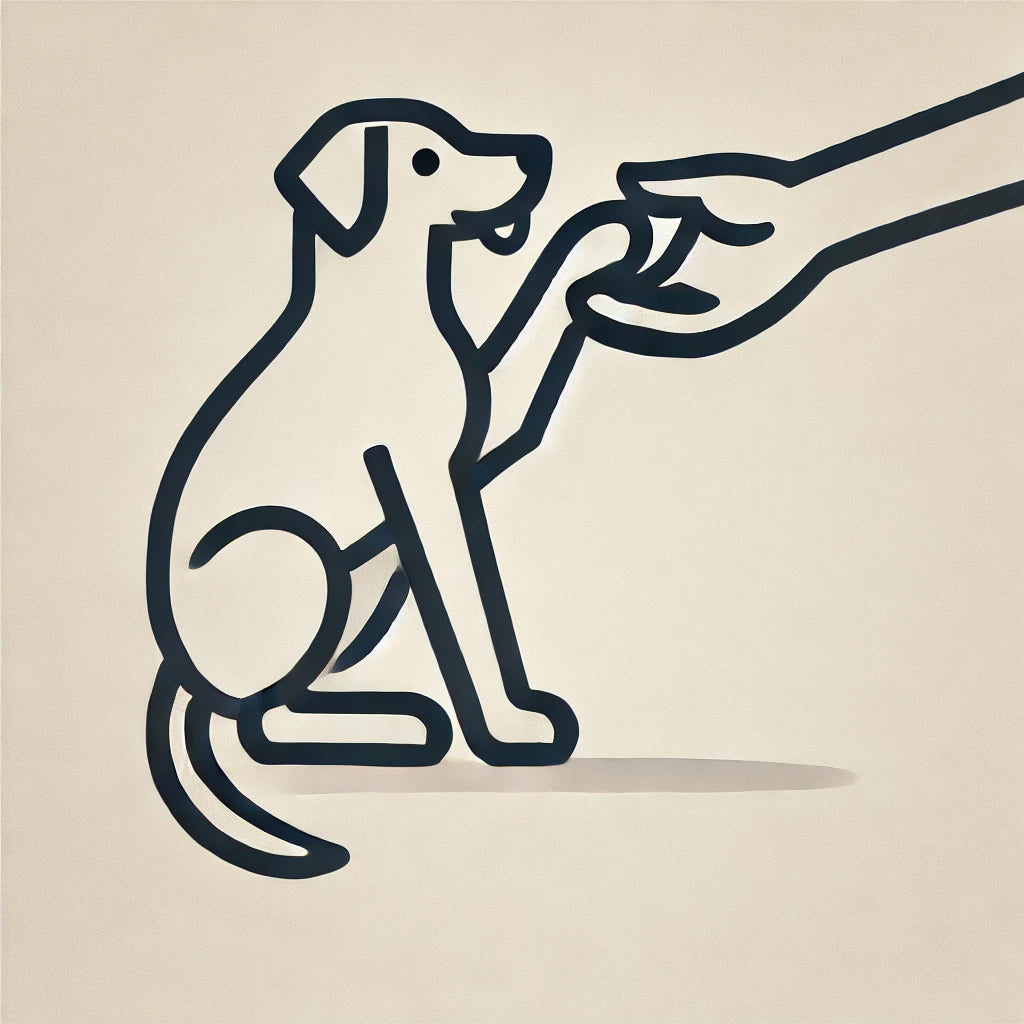Every dog owner has seen their furry friend lick its legs at some point. It’s a common behavior, often dismissed as grooming or a sign of minor irritation. But what if this seemingly harmless habit could point to something more serious, like cancer? While rare, excessive licking in specific circumstances may indicate an underlying health issue, including certain types of cancers. Let’s explore this topic with a fresh lens, shedding light on when you should be concerned and what steps to take.
Why Do Dogs Lick Their Legs? Common Reasons
Licking is a natural behavior for dogs. It can be a way of grooming, relieving discomfort, or even expressing boredom. However, when it becomes persistent or obsessive, there might be more to the story. Here are some common reasons:
- Allergies: Environmental or food allergies can cause itchiness, prompting a dog to lick excessively.
- Infections: Bacterial or fungal infections can make the skin on the legs feel uncomfortable or inflamed.
- Arthritis or Joint Pain: Dogs often lick joints affected by pain, possibly in their legs.
- Anxiety or Boredom: Behavioral issues can lead to repetitive licking as a form of self-soothing.
While these causes are more typical, cancer—specifically certain skin cancers or bone cancers—should not be ruled out when licking is focused on a single area and persists without improvement.
When to Consider Cancer as a Possibility
Cancer might not be the first thought when your dog starts licking its legs, but there are specific scenarios where it becomes a concern:
-
Localized Licking: If your dog obsessively licks a specific spot on its leg, it could indicate discomfort or pain in that area, potentially pointing to a tumor.
-
Presence of a Lump or Swelling: If you notice a bump where your dog licks, it might be a sign of a mast cell tumor, squamous cell carcinoma, or soft tissue sarcoma.
-
Bone Cancer (Osteosarcoma): In some cases, dogs with bone cancer may lick the affected area due to pain or an unfamiliar sensation.
-
Changes in the Skin: Discoloration, sores, or non-healing wounds in the licked area could indicate cancerous growths or infections.
Why Do Dogs Lick Cancer-Affected Areas?
Dogs may instinctively lick areas affected by cancer due to the pain, itchiness, or inflammation it causes. Mast cell tumors, for example, release histamines that make the skin itchy, prompting dogs to lick. In cases of bone cancer, licking may be an attempt to soothe deep-seated pain.
How to Differentiate Between Benign and Serious Licking
While excessive licking is not always a sign of cancer, here’s how to identify when it might be more serious:
- Duration: If the licking persists for weeks without improvement, it’s time for a vet visit.
- Accompanying Symptoms: Look for additional signs, such as limping, loss of appetite, lethargy, or weight loss.
- Response to Treatment: If treating for allergies or infections doesn’t reduce the licking, further investigation may be necessary.
Steps to Take If You’re Concerned
If your dog’s leg licking seems abnormal, here’s what to do:
-
Examine the Area: Look for lumps, sores, redness, or swelling. Take note of any unusual texture or smell.
-
Consult Your Veterinarian: Share details about the licking behavior, including when it started and any other symptoms you’ve noticed.
-
Request Diagnostic Tests: Your vet may recommend imaging (X-rays or ultrasounds) or a biopsy to rule out cancer or other serious conditions.
-
Explore Treatment Options: If cancer is diagnosed, treatment options may include surgery, chemotherapy, radiation, or alternative therapies like acupuncture or herbal remedies.
Proactive Measures for Your Dog’s Health
Preventing cancer isn’t always possible, but you can take steps to catch it early and promote overall well-being:
- Regular Vet Checkups: Routine exams help detect abnormalities before they become severe.
- Monitor Behavioral Changes: Keep an eye on unusual behaviors like obsessive licking.
- Balanced Diet: Proper nutrition supports immune function and overall health.
- Exercise: Keeping your dog active helps maintain healthy body weight and reduces the risk of various illnesses.
The Bigger Picture: Understanding Your Dog’s Behavior
A dog licking its legs might seem like a minor concern, but it can serve as a window into their health. While cancer is a rare cause, being aware of this possibility empowers you to take action early. By understanding the potential reasons and seeking timely veterinary care, you can ensure your furry companion stays healthy and happy.
Remember, licking is your dog’s way of communicating—listen carefully, and you might uncover what they’re trying to tell you.

